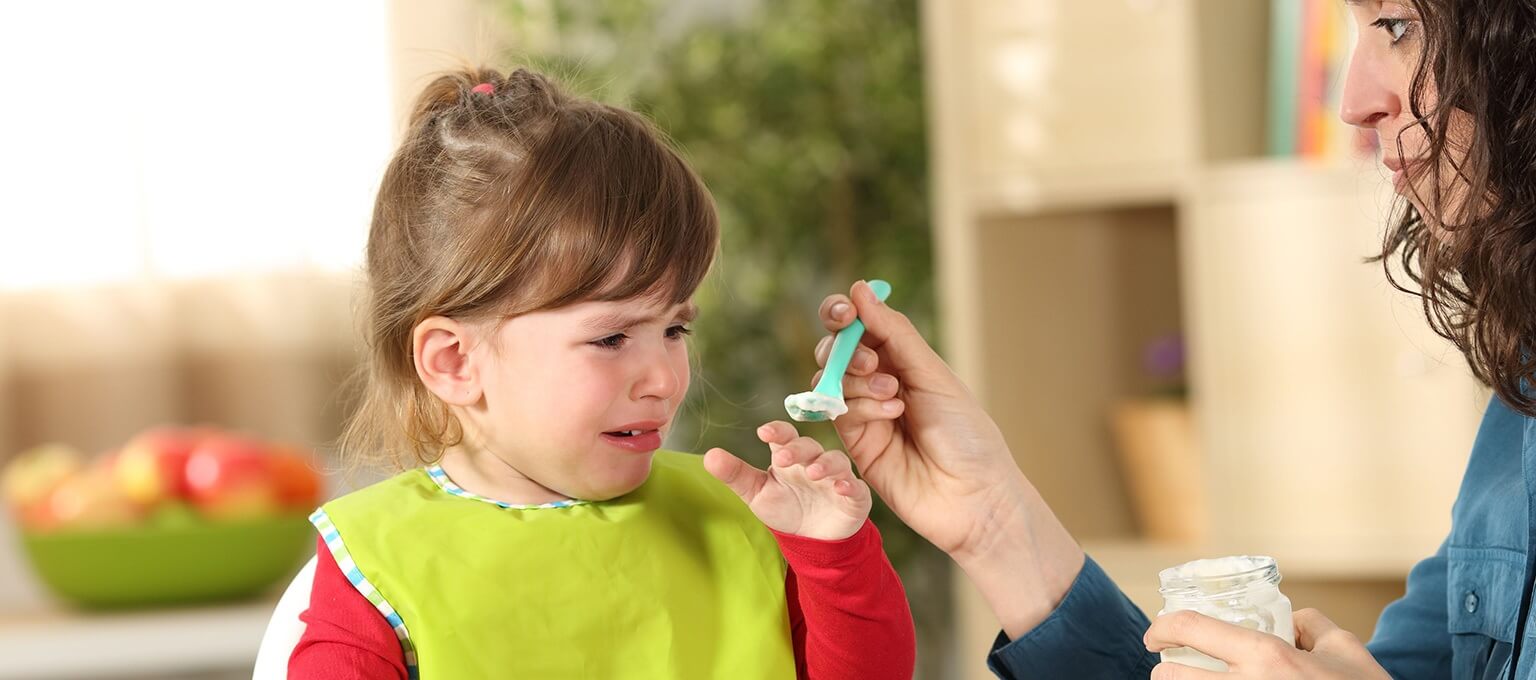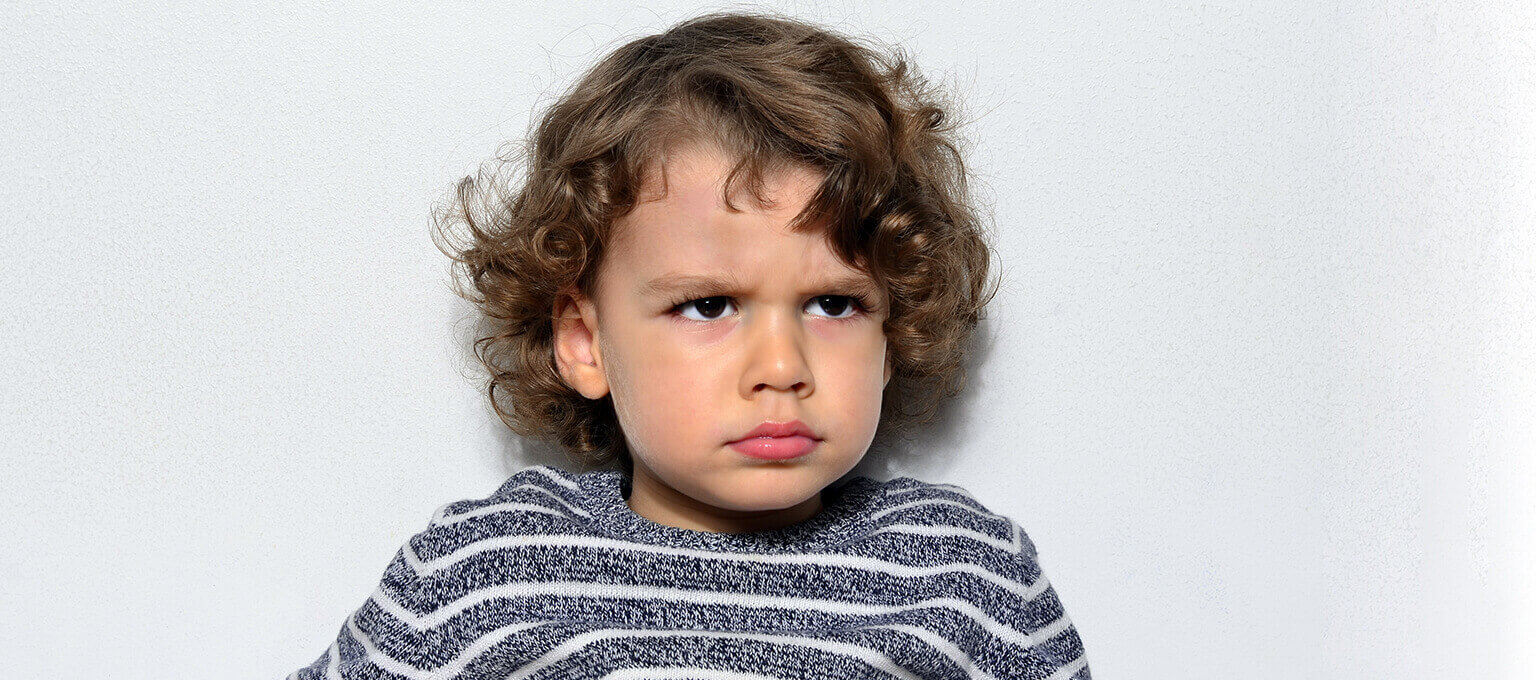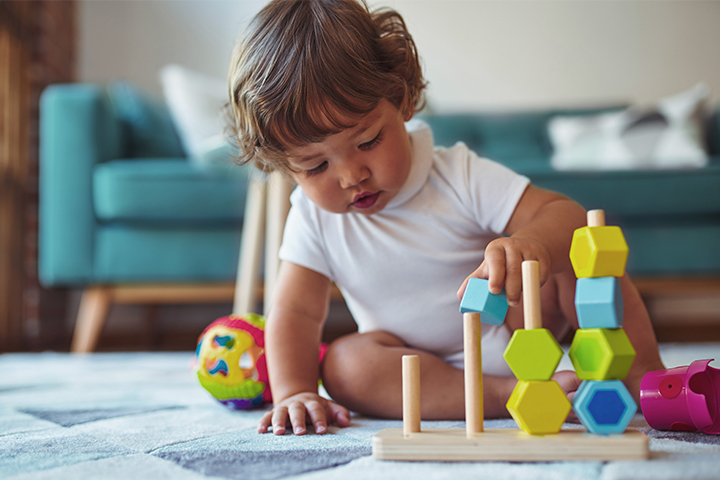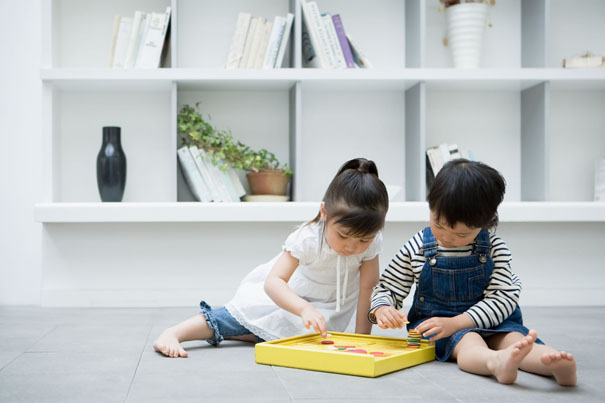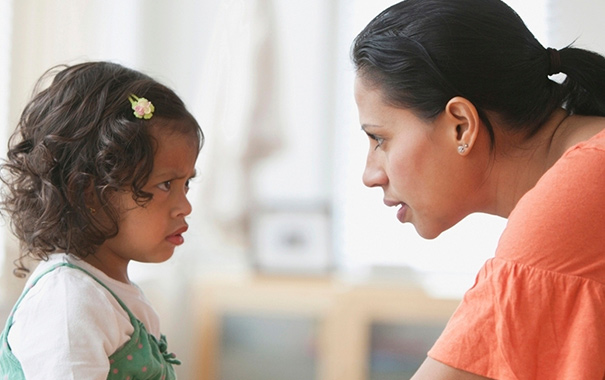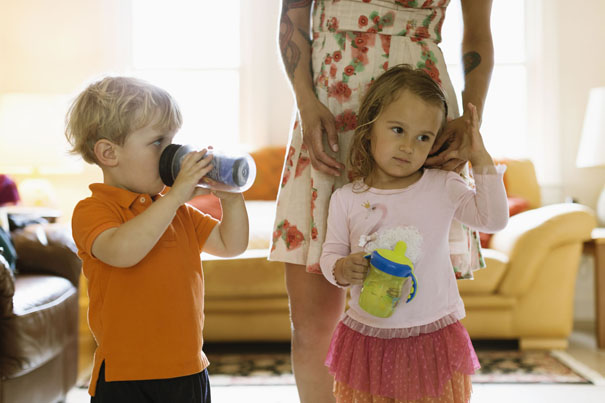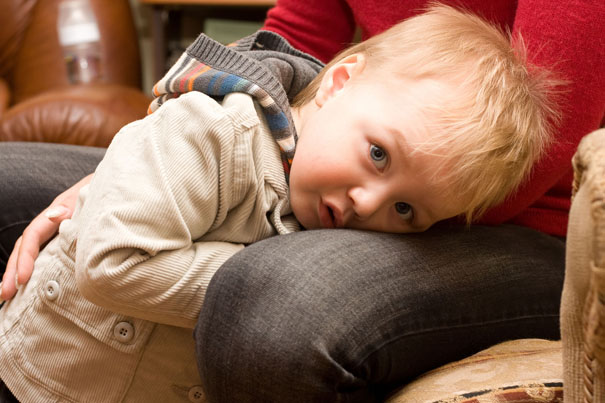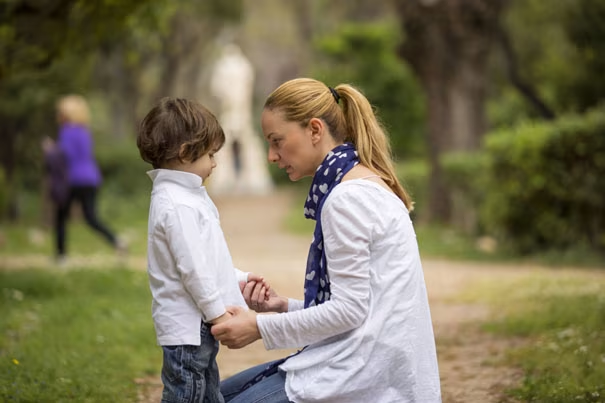
Toddler Biting: How to Help a Child Who Bites
Biting is very common among children ages 18 months to 3 years. Most biting reflects not only a toddler's feelings, but also her limited expressive language. A 5-year-old may say, "Leave that alone. It's mine!" but a younger child may defend her turf with her teeth.
Why Children Bite
Biting is an emotional topic for parents. It seems so primitive and unmannered, and lots of parents think it indicates a disturbed child. Nothing gets a kid kicked out of day care or off the birthday party list quicker than being identified as a biter. But biting alone does not predict later emotional and social problems, and the risks of physical harm are small.
Sometimes children will bite when they're excited or even happy. And almost all toddlers will bite someone at one time or another. At this age children usually act without thinking of the consequences. In fact, when one child bites another, the one who bit is often as surprised and upset as the one who was bitten.
Helping a Child Who Bites
Don't wait even a few minutes to talk to your child when she bites another. Toddlers have short attention spans, so they need clear and immediate feedback. Avoid vague statements like "Now, be nice to your sister," because a toddler may not see the link between that and her biting.
Try this: "No! We can bite apples or sandwiches, but we never bite people!"
Never bite a child back. It only teaches her that biting is acceptable behavior. She won't understand her parent's aggression and is likely just to be scared without learning anything.
Adapted from Toddlers and Preschoolers by Lawrence Kutner, Ph.D. (Avon, 1994).
Read more about Toddler
Related Articles
Join a World of Support
through Pregnancy and Parenthood.
TRACK WITH TOOLS
LEARN WITH EXPERTS
GET REWARDED
